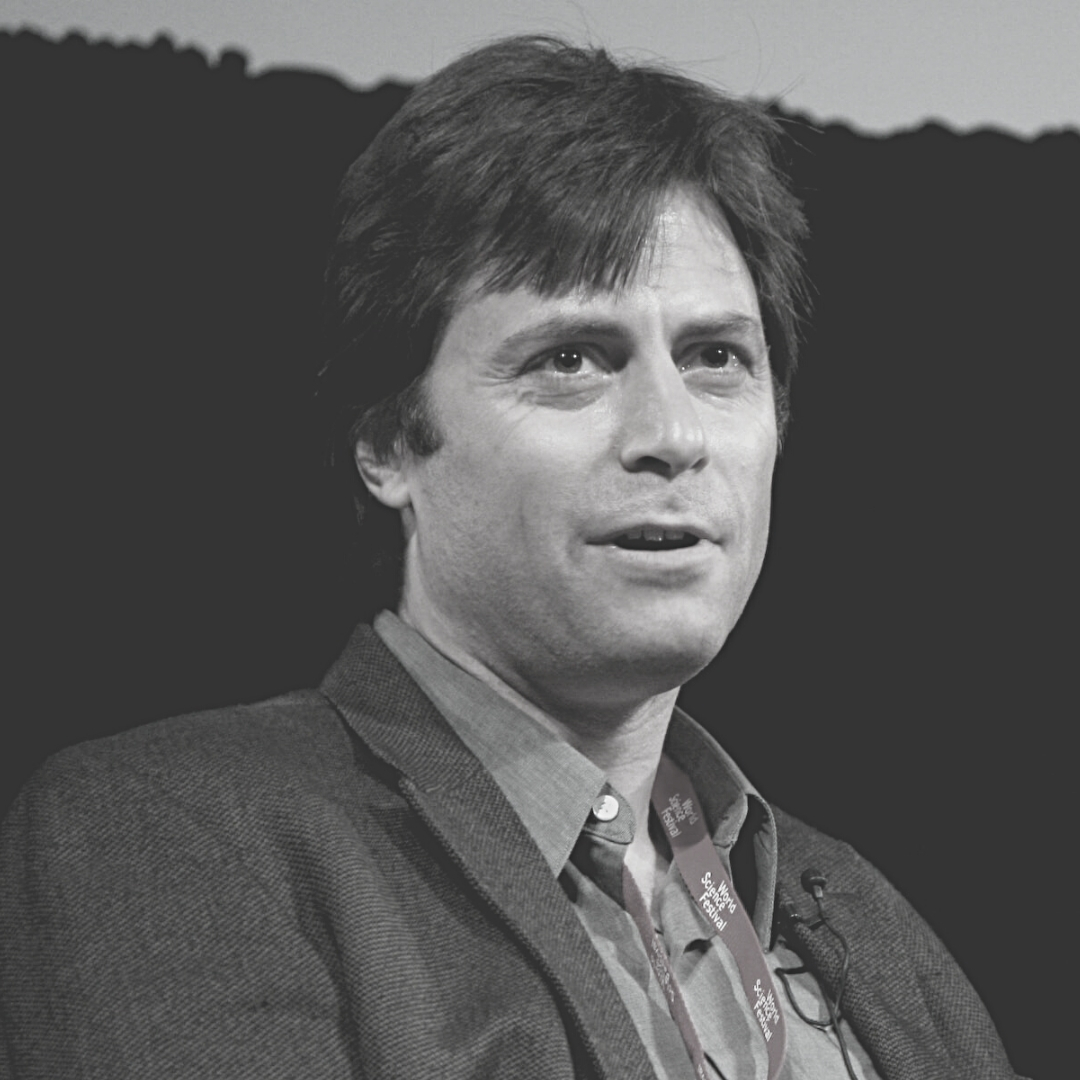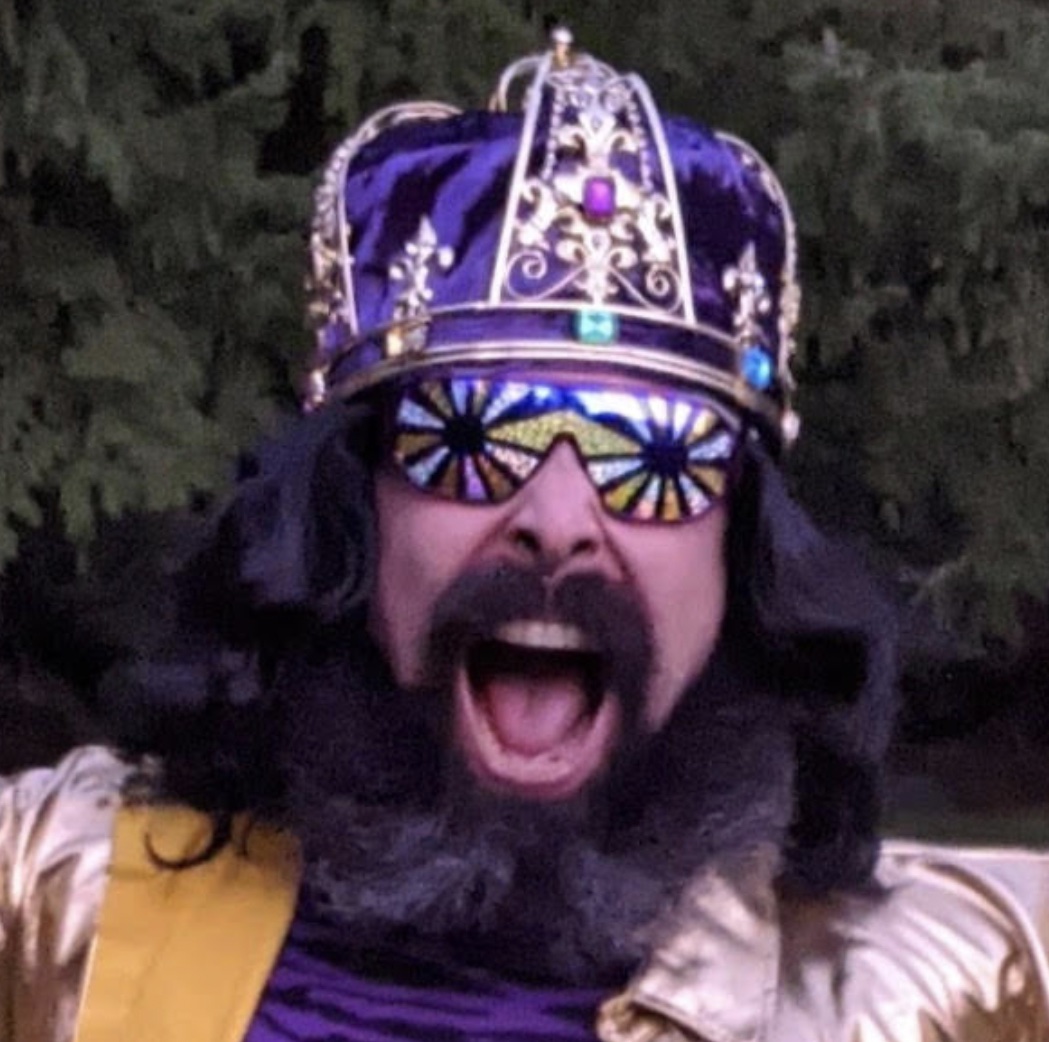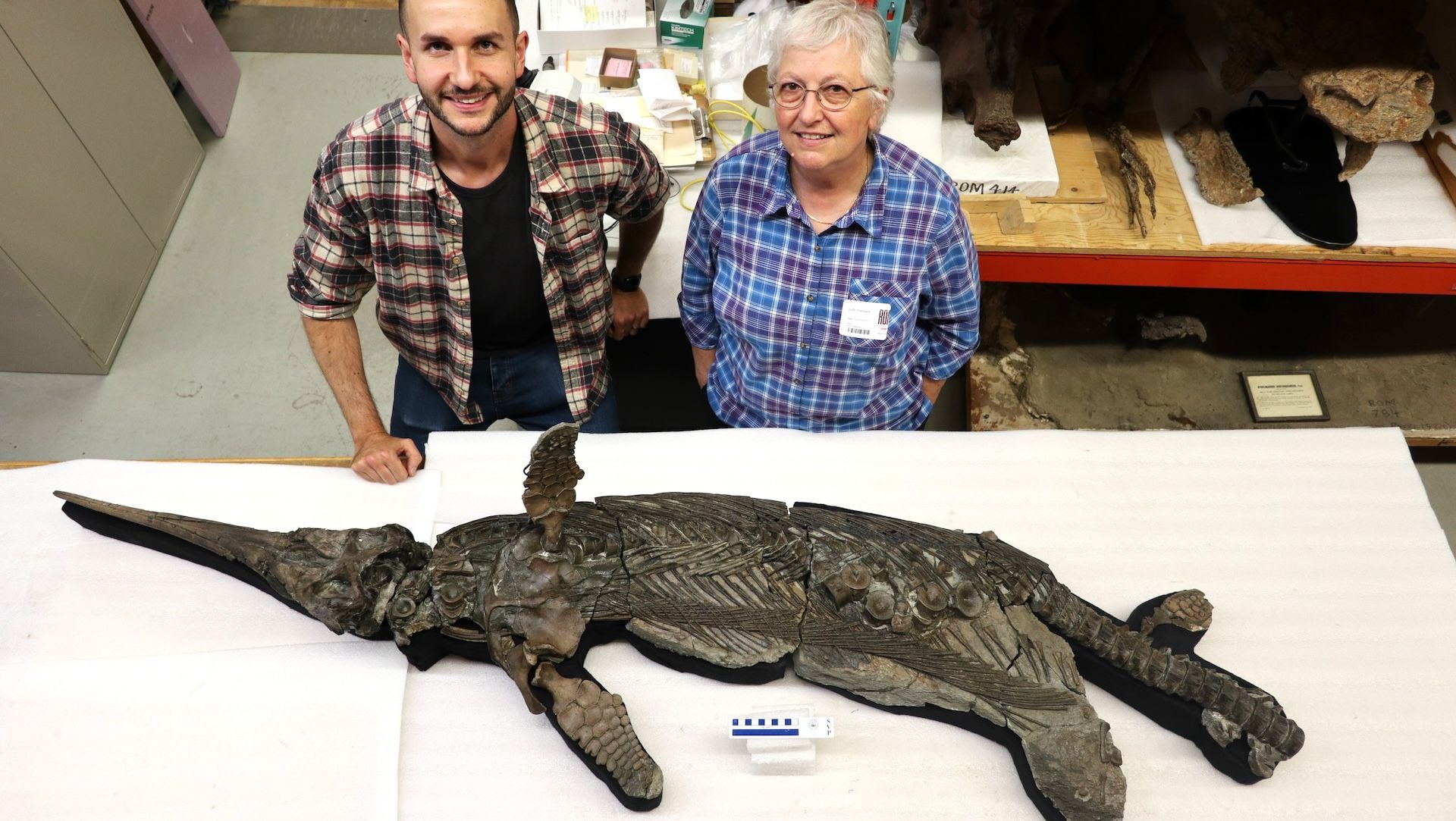Scientists are rethinking how we perceive ourselves — and the world.
Introducing Big Think’s Consciousness Issue.
Stephen Johnson is the Managing Editor of Big Think. Formerly a long-time contributor to Big Think, he is a St. Louis-based writer and editor whose work has been featured in[…]
A conversation with Annaka Harris on shared perception, experimental science, and why our intuition about consciousness is wrong.
We already have science that shows our intuitions about consciousness are wrong.
But scientists continue to operate as if those intuitions are correct. It’s like continuing to work with the assumption that the Sun revolves around the Earth.

Is science destined to crack the code of consciousness—and how would we even go about it?
Max Tegmark left his native Sweden in 1990 after receiving his B.Sc. in Physics from the Royal Institute of Technology (he’d earned a B.A. in Economics the previous year at[…]
The only way we can actually have any logical, scientific foundation of ethics, morality, purpose, and meaning is precisely in terms of experience.
This makes it really important, as we prepare for our future, to understand what consciousness is.

Philosophers once prophesied that evolution would lead to minds far greater — and stranger — than our own.
Thomas Moynihan is a UK-based historian, and author of X-Risk How Humanity Discovered Its Own Extinction (MIT Press, 2020). He holds a DPhil from Oriel College, Oxford, and is currently[…]
If there is some minimum degree of consciousness, does this not also imply a maximum? Are there modes more maximal than the human?
The following is the story of the scientists and philosophers who have speculated that there might be “higher” forms of consciousness, unimaginably “superior” to our own.

Unlike computers, we are beings in time — embodied, embedded, and entimed in our worlds. We can never be caught in infinite loops because we never exist out of time.
Even the smartest AI may be forever vulnerable to infinite loops, never noticing the problem, never escaping.

Anil Seth is a neuroscientist, author, and public speaker who has pioneered research into the brain basis of consciousness for more than 20 years. He is the author of Being[…]
“For many people, the idea that consciousness is a set of tricks is offensive,” the late philosopher told Big Think in 2012. “I think that’s a prime mistake.”
Jonny Thomson taught philosophy in Oxford for more than a decade before turning to writing full-time. He’s a columnist at Big Think and is the award-winning, bestselling author of three[…]
5-MeO-DMT may offer a practical way to access and study consciousness in its most basic form.
Christopher Timmermann is a neuroscientist based in University College London where he co-directs the UCL Centre for Consciousness Research. He has performed pioneering studies into the effects of psychedelics in[…]
Can psychedelics solve the ‘hard problem’ of consciousness? A Johns Hopkins professor explains.
Matthew W. Johnson, Ph.D., is The Susan Hill Ward Endowed Professor of Psychedelics and Consciousness Research at Johns Hopkins. Working with psychedelics since 2004, he is one of the world’s[…]
A universal signature could make surgeries safer — and help reveal what holds consciousness together.
Steven Ross Pomeroy is the editor of RealClearScience. As a writer, Ross believes that his greatest assets are his insatiable curiosity and his ceaseless love for learning. Follow him on[…]
Our study suggests that anesthetics are all triggering unconsciousness the same way. They may arrive there by different routes, [but] they’re altering your brain waves in very specific ways.
Eric Markowitz is a partner and the Director of Research at investment firm Nightview Capital. A former investigative journalist, with bylines in The New Yorker, GQ, Fast Company, among other[…]
The world had never looked so alive. Every detail sharpened, sacred. Time no longer moved. It hovered. Held. The future dissolved. The past let go. All that remained was one long, luminous moment.
I was tethered — to her hand, to the stars, to everything. I was, finally, conscious.

The human mind is easily fooled. Light, the angle of observation, mental shortcuts, and expectations can disfigure our perceptions of objective reality.
That goes for anything that relies on perception as a potential source of evidence, such as your beliefs, judgments, and memories.

Kevin Dickinson is a staff writer and columnist at Big Think. His writing focuses on the intersection between education, psychology, business, and science. He holds a master’s in English and[…]
A conversation with neuroscientist Erik Hoel about the future of consciousness research.
Steven Ross Pomeroy is the editor of RealClearScience. As a writer, Ross believes that his greatest assets are his insatiable curiosity and his ceaseless love for learning. Follow him on[…]
Consciousness was simply thought of as too philosophical, too strange. But the issues never went away — they were just stuck in a box for decades.
The second that box was opened up in the 60s, 70s, and all the way in the 1990s, all the old questions came roaring back.
Much like chemistry 400 years ago, consciousness research today is a science in its infancy.
If you hear a claim that purports to explain consciousness, there are a few critical things you should be asking yourself.

Ethan Siegel
A theoretical astrophysicist and science writer, host of popular podcast “Starts with a Bang!”
Many, from neuroscientists to philosophers to anesthesiologists, have claimed to understand consciousness. Do physicists? Does anyone?
Ethan Siegel is a Ph.D. astrophysicist and author of “Starts with a Bang!” He is a science communicator, who professes physics and astronomy at various colleges. He has won numerous[…]
These expert-recommended books try to answer the questions of consciousness, from its fundamental nature to its role in human experience and the natural world.
Kevin Dickinson is a staff writer and columnist at Big Think. His writing focuses on the intersection between education, psychology, business, and science. He holds a master’s in English and[…]
A conversation about intelligence and consciousness with philosopher Peter Godfrey-Smith.
Jonny Thomson taught philosophy in Oxford for more than a decade before turning to writing full-time. He’s a columnist at Big Think and is the award-winning, bestselling author of three[…]
“I’m coming around to thinking that there’s a lot of unity there — that it really is the evolution of three somewhat different versions of the same basic trait.”
Imagination, I agree, does have an apparent connection with experience.
Source link

